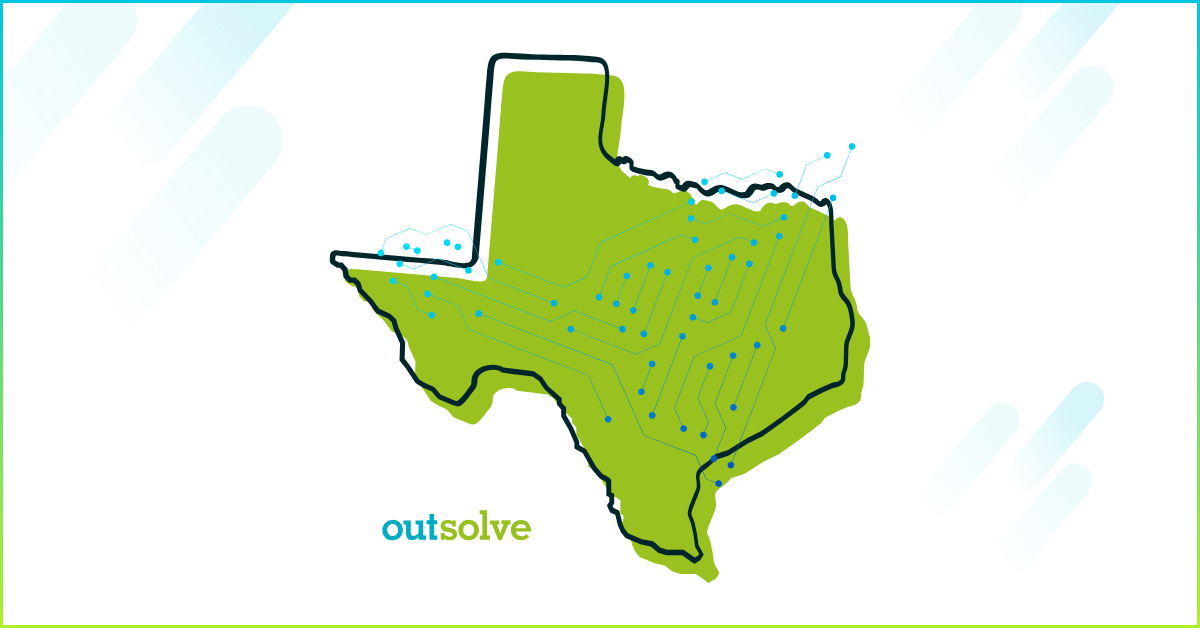Even during the pandemic, OFCCP finalized three rulemakings, boosted the second best year for monetary settlements, published four new policy directives, and issued additional compliance assistance tools
On January 4, 2021, OFCCP published a year in review and acknowledged that given the coronavirus pandemic, 2020 was a “challenging year operationally for the agency.” The following summarizes the agency’s accomplishments during FY 2020.
- Effective Enforcement
- Record Monetary Settlements – In fiscal year 2020, OFCCP secured $35.6 million in monetary remedies—the second-highest year in the agency’s history, following its record year of $40.6 million in fiscal year 2019.
- Expanded Focused Reviews – The agency is in the process of implementing five focused review programs, a more streamlined version of enforcement designed to target important elements of equal opportunity and affirmative action compliance. In fiscal year 2020, OFCCP completed the first round of Section 503/Disability Inclusion Focused Reviews and began scheduling the VEVRAA Focused Reviews. The agency expanded its focused review initiative to include Religious and Disability Accommodations Focused Reviews focused on religious and disability accommodation requests and Promotions Focused Reviews emphasizing equal employment opportunity in promotions to supervisory and executive-level positions in companies, and plans to roll out its Affirmative Action Program Focused Reviews in early 2021. OFCCP’s newest scheduling list for supply and service contractors provides that 78% of OFCCP audits will be focused reviews.
- Updated Memorandum of Understanding – OFCCP updated our memorandum of understanding with the Equal Employment Opportunity Commission to include the U.S. Department of Justice’s Civil Rights Division, ensuring more effective coordination between the agencies, including the retention of individual complaints by OFCCP.
- Rulemaking – OFCCP published three final rules in 2020:
- The Nondiscrimination Obligations of Federal Contractors and Subcontractors: Procedures to Resolve Potential Employment Discrimination final rule codifies and sharpens procedures that OFCCP uses to resolve potential employment discrimination. It strengthens evidentiary standards, increases transparency for OFCCP’s stakeholders, and enhances the agency’s efficiency and effectiveness in promptly identifying and remedying employment discrimination. The rule took effect on Dec. 10, 2020.
- The Implementing Legal Requirements Regarding the Equal Opportunity Clause’s Religious Exemption final clarifies the scope and application of the religious exemption contained in Section 204(c) of Executive Order 11246, as amended. The rule will encourage the full and equal participation of religious organizations as federal contractors. The rule takes effect on Jan. 8, 2021.
- The Affirmative Action and Nondiscrimination Obligations of Federal Contractors and Subcontractors: TRICARE Providers final rule removes TRICARE providers from OFCCP’s jurisdiction. OFCCP was concerned that healthcare providers were increasingly unwilling to accept federal contracts due to the regulatory burden they expect to incur, which may result in veterans and their families having difficulty accessing healthcare services.
- Increased Transparency
- The Nondiscrimination Obligations of Federal Contractors and Subcontractors: Procedures to Resolve Potential Employment Discrimination final rule ensures that OFCCP is as transparent as possible during compliance audits and provides contractors with multiple opportunities to engage with OFCCP about the agency’s findings.
- Updated Federal Contract Compliance Manual – OFCCP published an updated version of the Federal Contract Compliance Manual (FCCM) in early fiscal year 2020 to incorporate the five rulemakings that were promulgated under the prior administration as well as the new initiatives of the past four years. The FCCM is a publicly facing manual that provides evaluation and investigative procedures for OFCCP staff.
- New Policy Directives – OFCCP issued new policy directives to increase accountability, certainty and efficiency in its enforcement and to maximize the effectiveness of its compliance assistance resources in helping contractors meet their responsibilities.
- The Efficiency in Compliance Evaluations Directive outlines the steps OFCCP will take to expeditiously resolve compliance evaluations and quickly remedy violations. Efficient compliance evaluations help ensure the collection of relevant evidence in a timely manner.
- The Pre-Referral Mediation Program Directive establishes a mediation program to resolve matters before spending significant time and resources in the enforcement process.
- The Ombuds Service Supplement Directive supplements Directive 2018-09 with additional details outlined in the Ombuds Service Protocol, which explains the principles of the Ombuds Service. Because some stakeholders may be reluctant to contact OFCCP directly, the agency is committed to engaging in transparent communications and created the Ombuds Service as an independent mechanism to receive stakeholder concerns regarding OFCCP’s compliance activities. The Ombudsman, Marcus Stergio, successfully resolved 178 inquiries in 2020.
- The Certainty Directive reaffirms OFCCP’s commitment to facilitate the continued provision of clarity and certainty in OFCCP policies and practices.
- Enhanced Efficiency
- The Nondiscrimination Obligations of Federal Contractors and Subcontractors: Procedures to Resolve Potential Employment Discrimination final rule will enhance the prompt identification and resolution of violations.
- Updated Technical Assistance Guides – OFCCP released guides for supply and service, and small contractors to assist them in meeting their legal requirements and responsibilities as federal contractors.
- Ongoing Support – OFCCP continued to answer questions received by the agency’s Help Desk, addressing a record 4,765 public inquiries in fiscal year 2020. OFCCP conducted 683 compliance assistance and outreach events, significantly exceeding the agency’s goal of 480.
- Early Resolution Procedures – Since its launch, this program has led to 32 early resolution conciliation agreements comprising over $49 million in back pay, $6.3 million in salary adjustments, 2,100 job offers, and ongoing monitoring covering to ensure equal employment opportunity for establishments with approximately 650,000 employees.
- Supported Equal Employment Opportunity
- Historically Black Colleges and Universities Initiative – OFCCP expanded its Historically Black Colleges and Universities initiative—which helps connect federal contractors and college students interested in internships and entry-level career opportunities—to include members of the Hispanic Association of Colleges and Universities, Asian Pacific Islander American Association of Colleges and Universities, and tribal colleges and universities.
- Indian and Native American Employment Rights Program – OFCCP advanced awareness of employment rights and job opportunities for American Indians and Alaska Natives through compliance assistance and outreach to federal contractors, including expanding recruitment efforts to the 37 accredited tribal colleges and universities.
Founded in 1998, OutSolve has evolved into a premier compliance-driven HR advisory firm, leveraging deep expertise to simplify complex regulatory landscapes for businesses of all sizes. With a comprehensive suite of solutions encompassing HR compliance, workforce analytics, and risk mitigation consulting, OutSolve empowers organizations to navigate the intricate world of employment regulations with confidence.
Weekly OutLook
Featured Posts

5 Key Compliance Items HR Can’t Afford to Ignore

HR Compliance Checklist: What Every HR Pro Needs to Know
Related Posts

What Texas HB 149 Means for HR Professionals
AI is already changing how companies hire, manage, and evaluate employees in the workplace. For HR professionals, AI is a game changer because it can...

New Jersey Pay Transparency Laws: What You Need to Know
Update: New Jersey proposed updates to its pay transparency law in October 2025. If passed, the requirements will be a first of its kind in that...

Legal Series: Top 4 HR Compliance Trends to Watch in 2026
This article is part of an ongoing legal series designed to provide insight and practical guidance on current and emerging workplace compliance...
.png)
